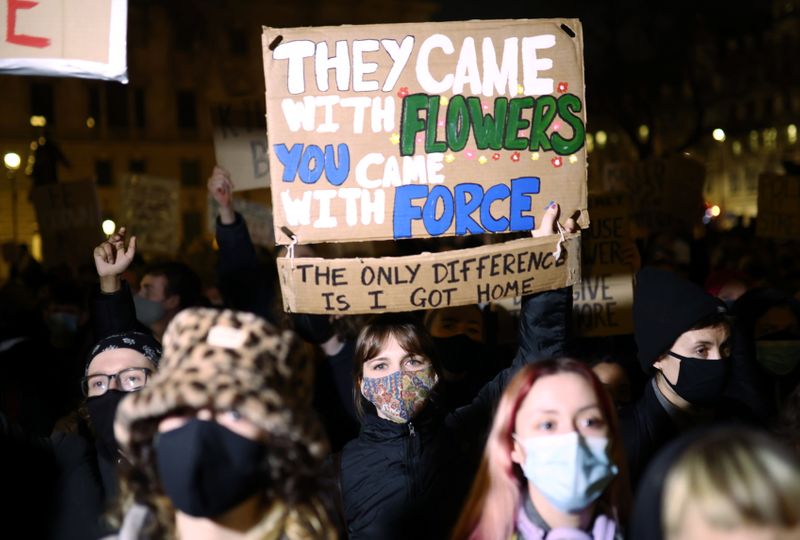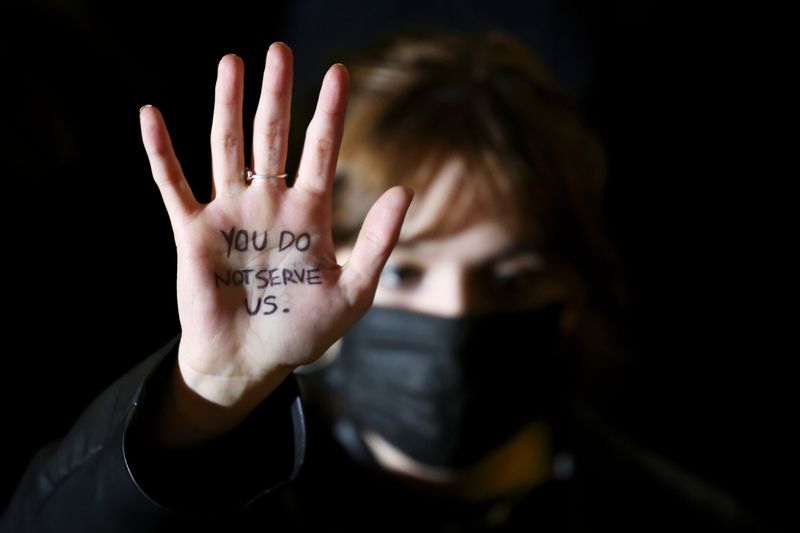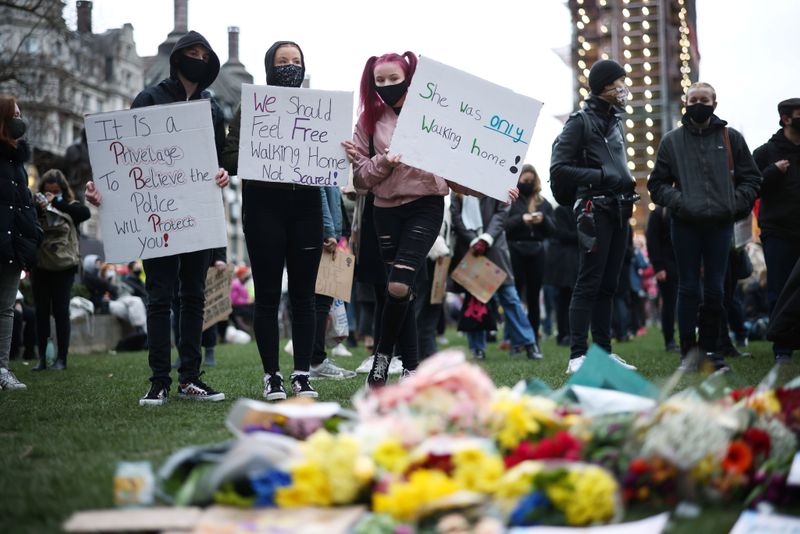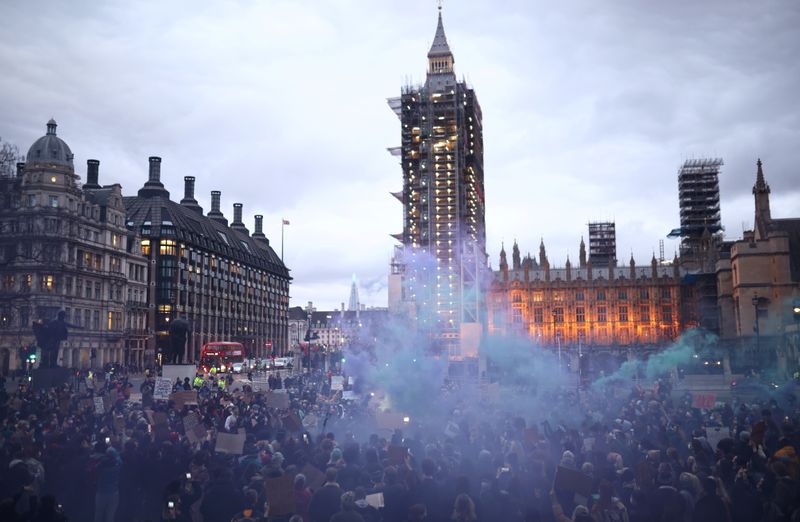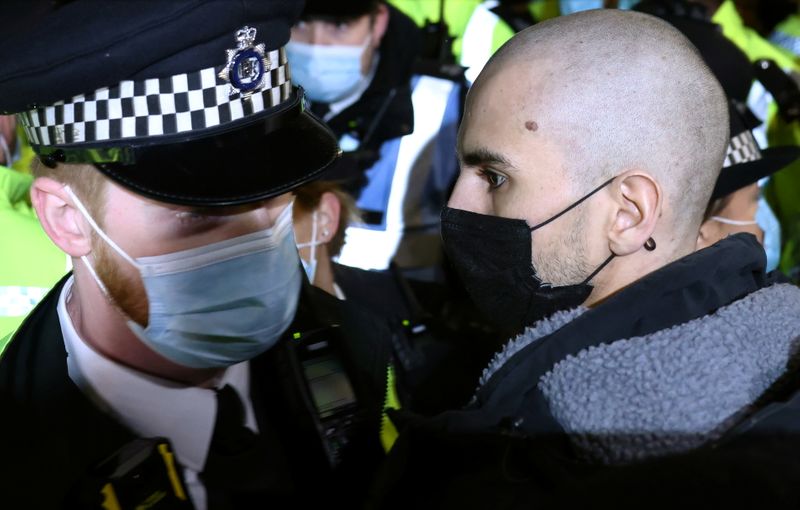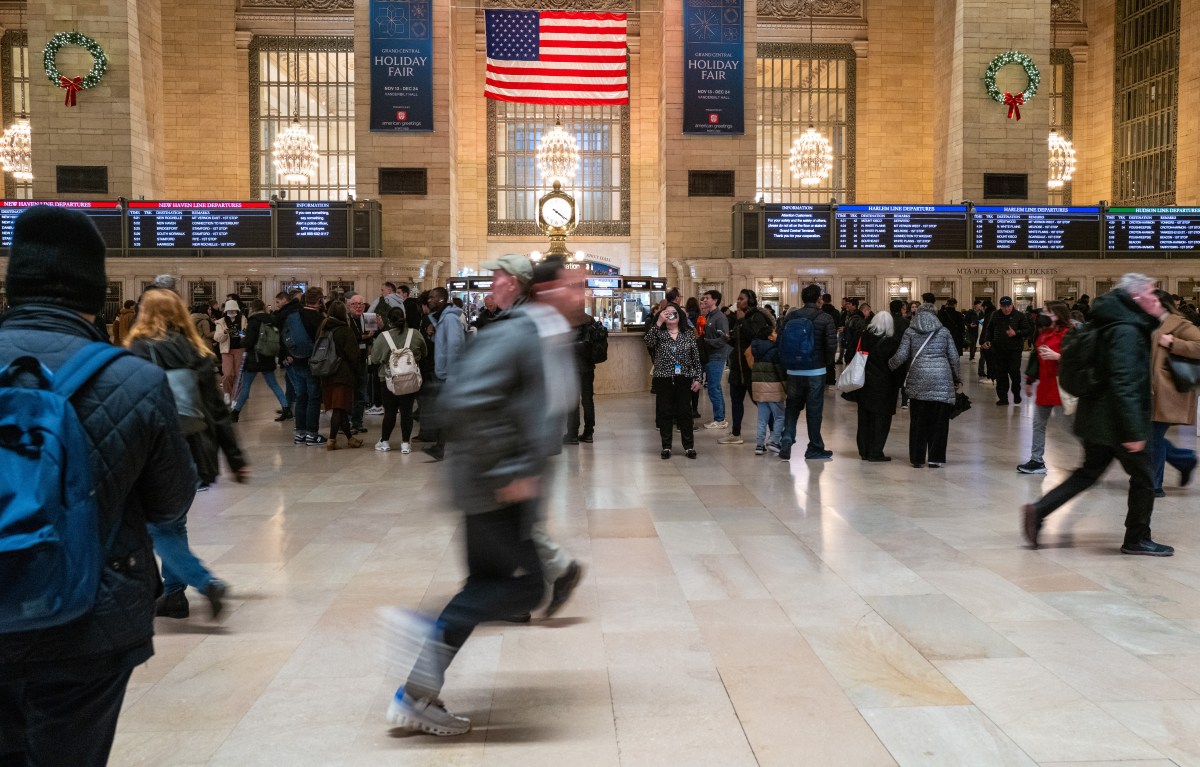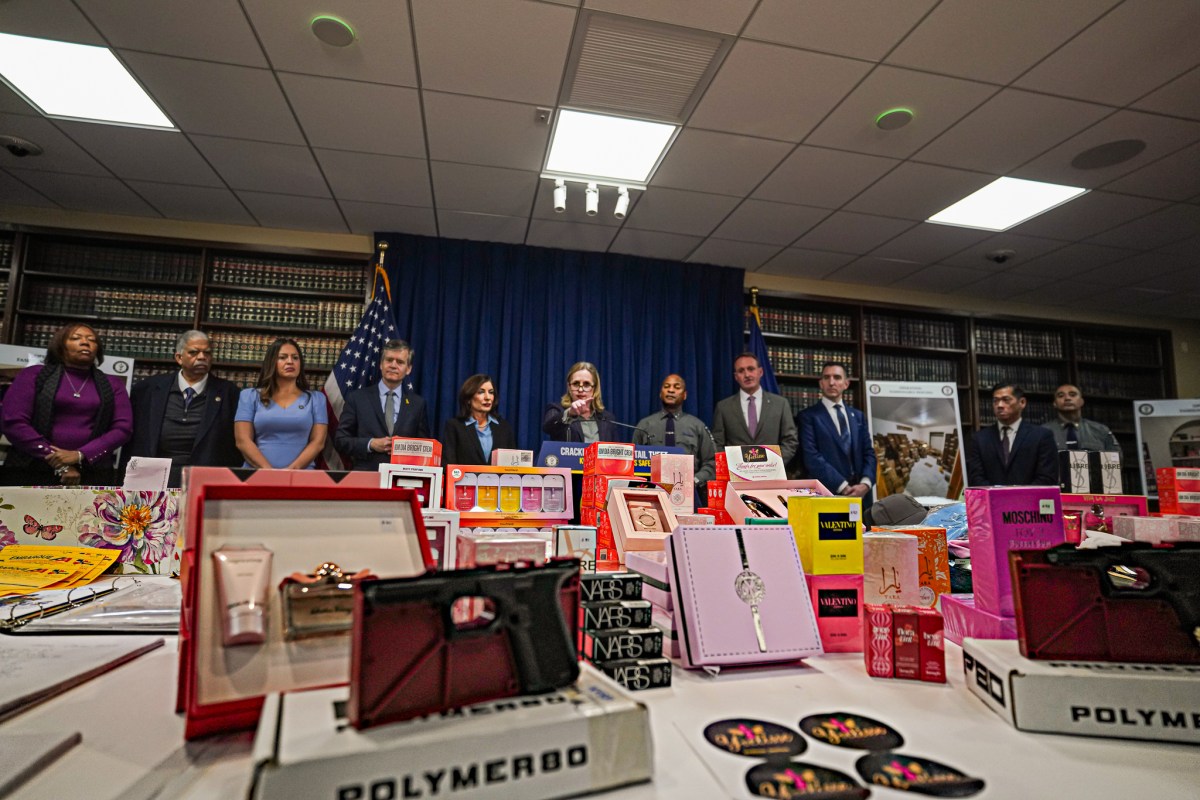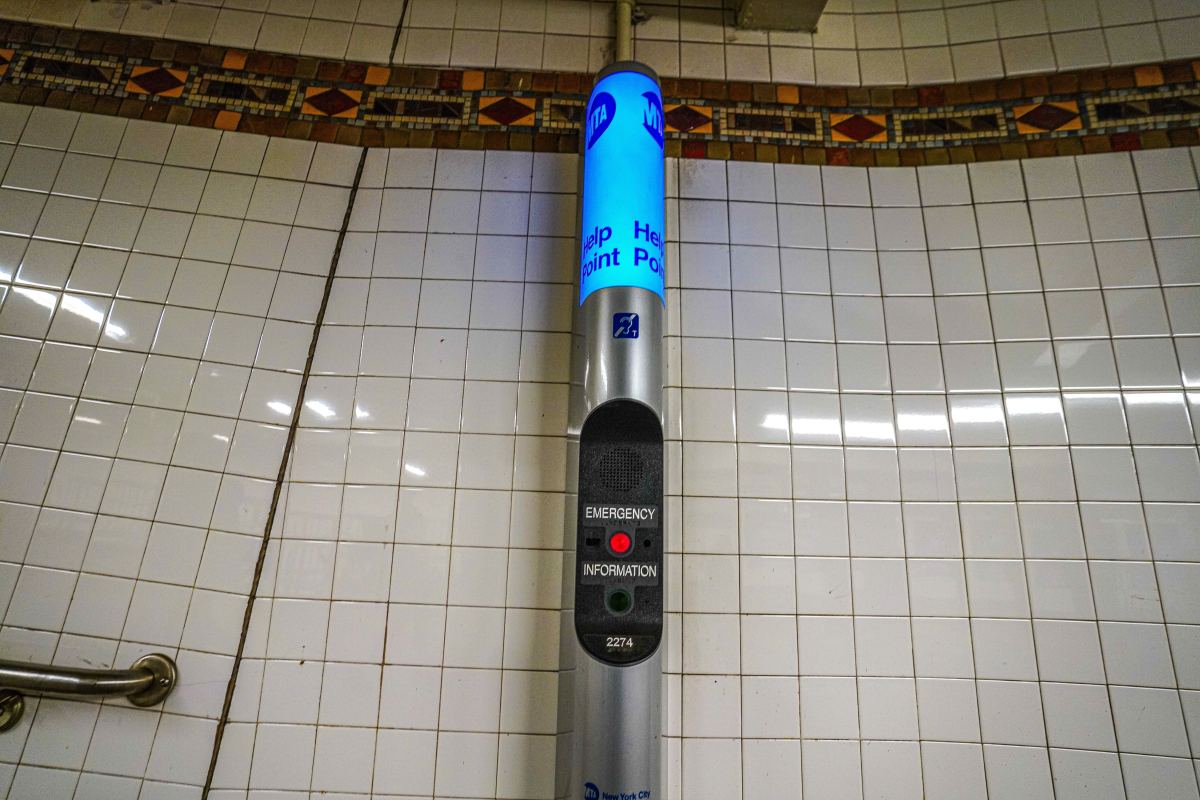LONDON (Reuters) – Hundreds of people protested outside Parliament and London’s police headquarters for a third consecutive night on Tuesday, angered by the killing of Sarah Everard and government plans to tighten the law on demonstrations.
The London police officer charged with Everard’s kidnap and murder, 48-year-old Wayne Couzens, appeared in court for a second time on Tuesday and his lawyer did not apply for bail pending a full trial in October.
Police have also faced heavy criticism from across the political spectrum for their response to a vigil on Saturday to mourn 33-year-old Everard’s death, which police chief Cressida Dick said broke COVID social distancing laws.
London mayor Sadiq Khan said he had “expressed his unhappiness” to Dick about Saturday’s policing, when four women were arrested in connection with public order offences or breaches of COVID rules. Interior minister Priti Patel said scenes appeared “upsetting”.
Police have taken a more hands-off approach to subsequent protests outside parliament and their own headquarters at New Scotland Yard.
More than 600 protesters near parliament chanted: “Sack Cressida Dick. Sack Priti Patel.”
Those near the police headquarters shouted, “all cops are bastards” and rattled metal barriers that had been set up.
As Tuesday’s protest outside Parliament took place, lawmakers passed part of a criminal justice bill spearheaded by Patel, which will make it easier for police to ban protests that might cause major disruptions.
Some of those present said Everard’s killing had weakened their faith in the police but also wanted to keep the focus on the broader concerns many women have for their personal safety.
The government has proposed sending plain-clothes police officers into bars and nightclubs to look for signs of sexual harassment, drawing a mixed reaction from women.
“People won’t feel comfortable necessarily with plainclothes police officers,” 18-year-old student Lola Thompson told Reuters. “What is more important is … everyone being aware of what they can do to make women feel safer.”
(Writing by David Milliken; Editing by Bill Berkrot)

